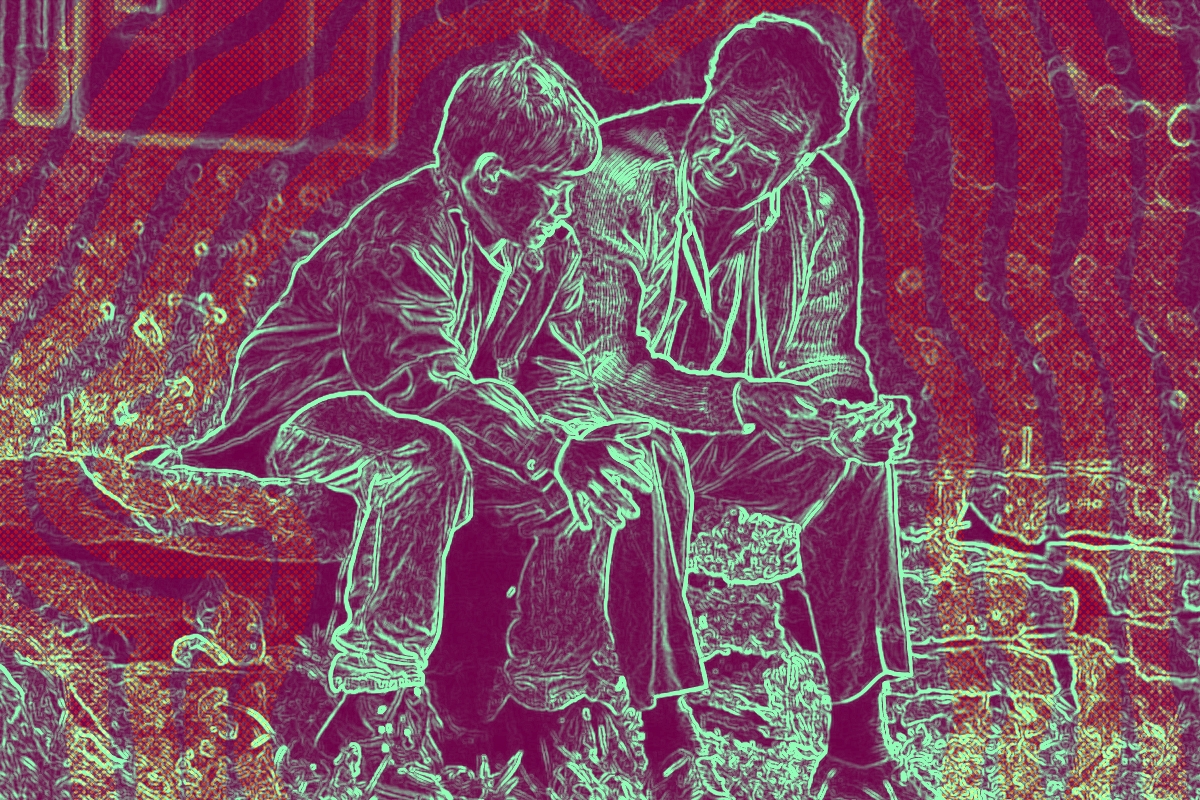It should come as no surprise that our tradition is rich in approaches to aging. We see in Leviticus 19:32 the call to rise in respect of elders as well as a rather dour look as expressed in Ecclesiastes 12.
With many people living longer, it is essential to revise how we look at aging. The most recent comprehensive Jewish population study showed that at least 25% of our American Jewish community is over 65 — a percentage likely to have grown in the intervening years, as a critical mass of Baby Boomers join the ranks of older adults. Meanwhile, the U.S. Census Bureau projects that by 2035, the number of people 65 and older will be greater than those 18 and under.
How can our texts provide a foundation for spiritual and positive aging?
We are part of a tradition that celebrates life and living and reminds us that to be Jewish is to be ever-learning, growing and evolving, no matter what condition we may find ourselves. Here are several classic Torah texts that can provide us with a pathway to spiritual aging in our “third stage” of life, or the period of time that often begins when we choose to leave full-time work for good and that ends when we die. These days, this third stage may span not jut years, but decades.
With your help, My Jewish Learning can provide endless opportunities for learning, connection and discovery.
Genesis 2:18: “It is not good that we are alone” (l’vado)
We begin here with this classic text. Why? This teaches us that among the most powerful aspects of our lives, especially as we age, are the relationships we have. Longevity has also produced an epidemic of isolation and loneliness. Studies have confirmed that our quality of life is enhanced by maintaining and enhancing social relationships. These relationships grow in importance for, often, as we age; we see the circle of our relationships gradually diminish. Thus we become more aware of their value and we miss them more when they are gone. It is here that we see that our tradition reminds us to be part of the world, not apart from it.
Genesis 3: The Garden of Eden
This is one of our most treasured texts that has profound lessons for us as we age. In this chapter we hear God’s first question to humankind: ayekah, where are you? Late life is a time when this question becomes even more meaningful. With the phrase “lest you die,” Genesis 3 introduces us to the reality of our own mortality. The changes in our lives, our relationships, our bodies often serve as not-so-subtle reminders of our own finitude. We grow older and we become so much more aware of the reality that we cannot control time and thus the spiritual question of our aging becomes what shall we do and how shall we live in the time we have left. For many, this reality compels us to confront — and respond to — that ayekah question and others: Why was I born? Why must I die? Why am I here? Because longevity (if we are blessed with it) allows us to be “seekers” of our own meaning and purpose as we attempt to answer these existential questions raised by our tradition.
Genesis 12: “Go forth” (lech l’chah)
Here, God calls Avram to “go forth” to a land that Avram does not yet know. Some commentaries tell us that this can be seen as Avram going “into his own self.” As we age, do we not spend more of our time contemplating the issues of meaning and purpose? (Genesis 3). Yet, this text also is one of liberation and freedom. It is a call to action — a call to never stop growing, never stop learning, never stop being unafraid to take a risk! Too many people, as they get older, retreat into a comfort zone of the status quo. They find excuses to stop evolving. This text reminds us that throughout our life, we are presented with opportunities to continue that journey of personal, spiritual and intellectual growth.
Deuteronomy 30:19: “Choose life” (uv’charta chaim)
Growth, while necessitating some risk, also involves choice. This classic and powerful text — “I have put before you life and death, blessing and curse. Choose life — so you and your offspring may live” — reminds us that the choices we make do determine the type of person we become. And the second part of the verse reminds us that the choices we make are not made in a vacuum; they impact those around us and especially those who come after us. So how do we make choices that sanctify life and ensure our legacy for those who follow us? As we get older we come to understand that these choices carry great weight because they ultimately help define who we are and how we have responded to God’s ayekah.



